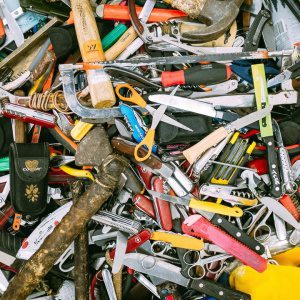C1 – Advanced
It may seem obvious that sleep is beneficial. Even without fully grasping what sleep does for us, we know that going without sleep for too long makes us feel terrible, and that getting a good night’s sleep can make us feel ready to take on the world.
Scientists have gone to great lengths to fully understand sleep’s benefits. In studies of humans and other animals, they have discovered that sleep plays a critical role in immune function, metabolism, memory, learning, and other vital functions.
Watch the video carefully then be ready to answer some discussion questions:
Discuss:
1. In the video, what are the effects of Sleep Deprivation?
2. What does sleep do to our body that makes it very important?
3. How many hours of sleep do you generally need per night? Do you manage to sleep as much as you need? If not, why not?
4. Do you use, or have you ever used, any special methods that help you get to sleep? (e.g. sleeping pills, herbal remedies,counting sheep,meditation )


